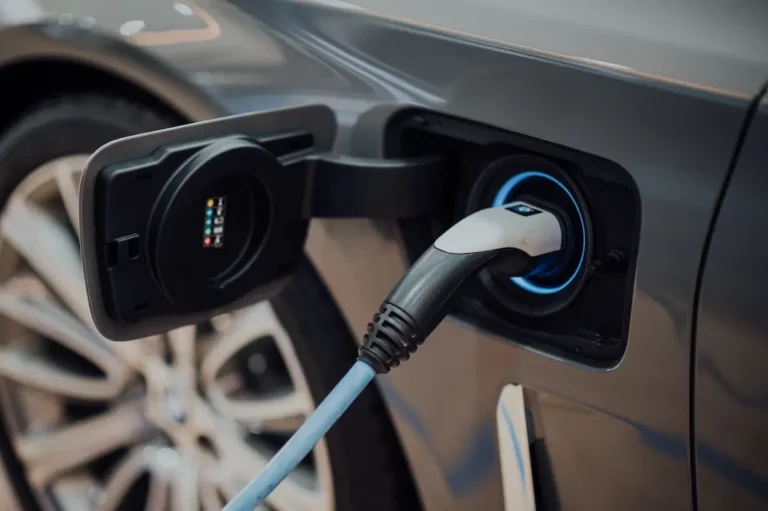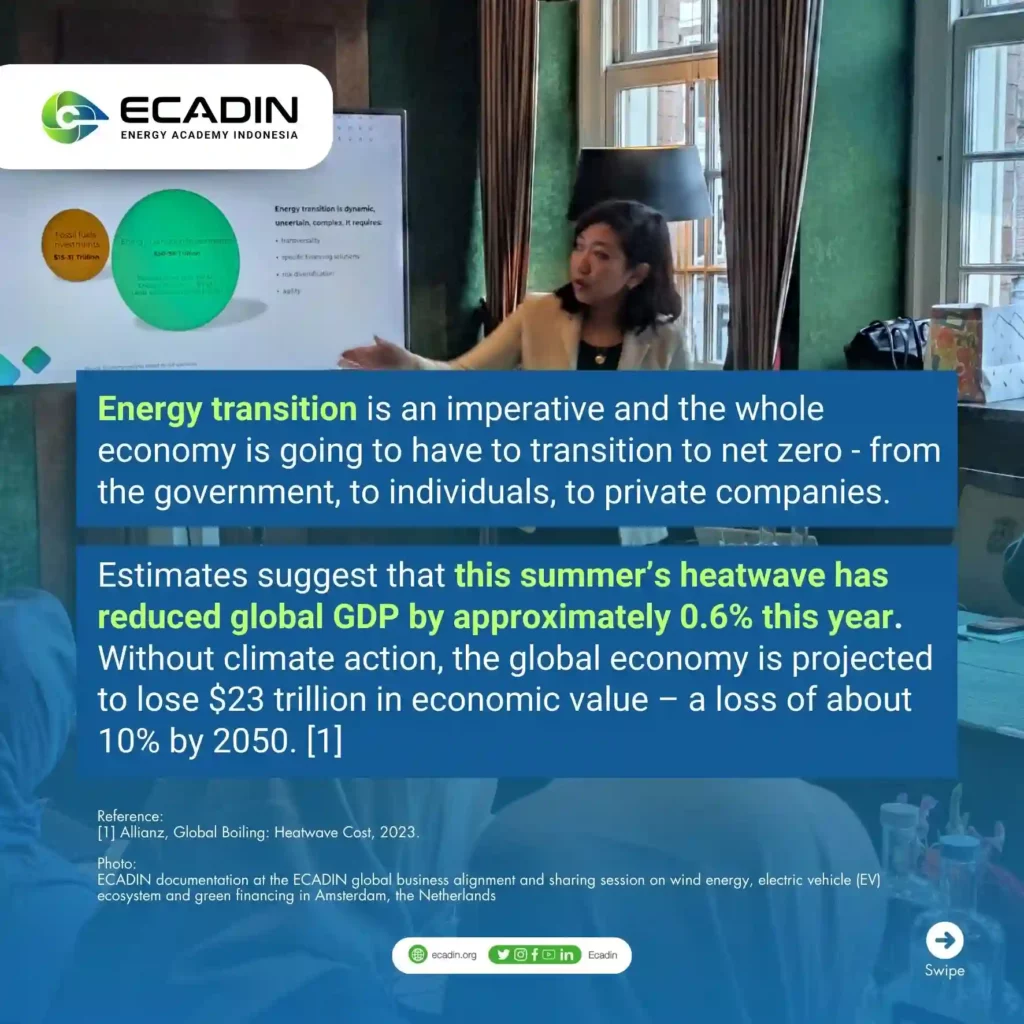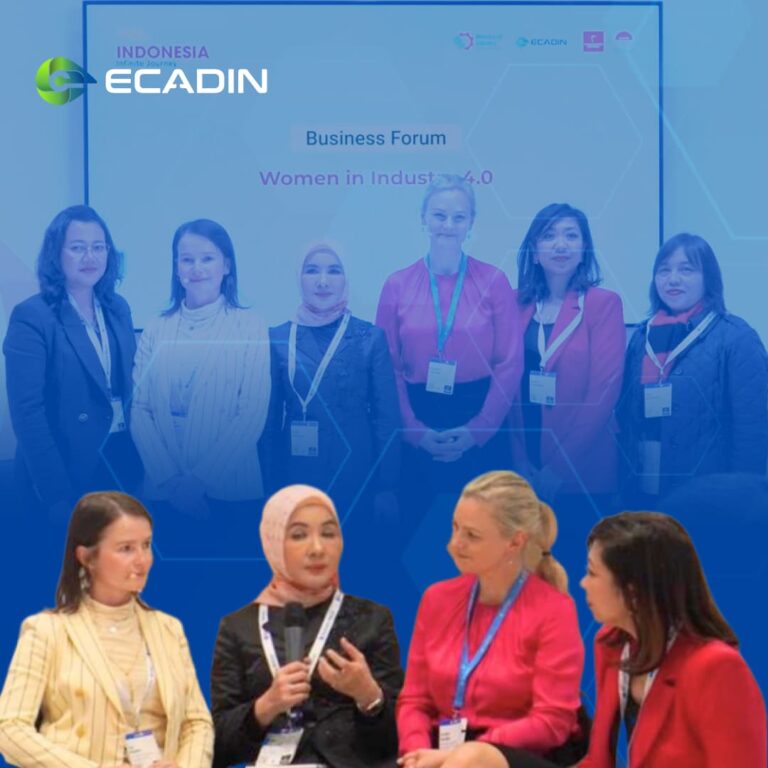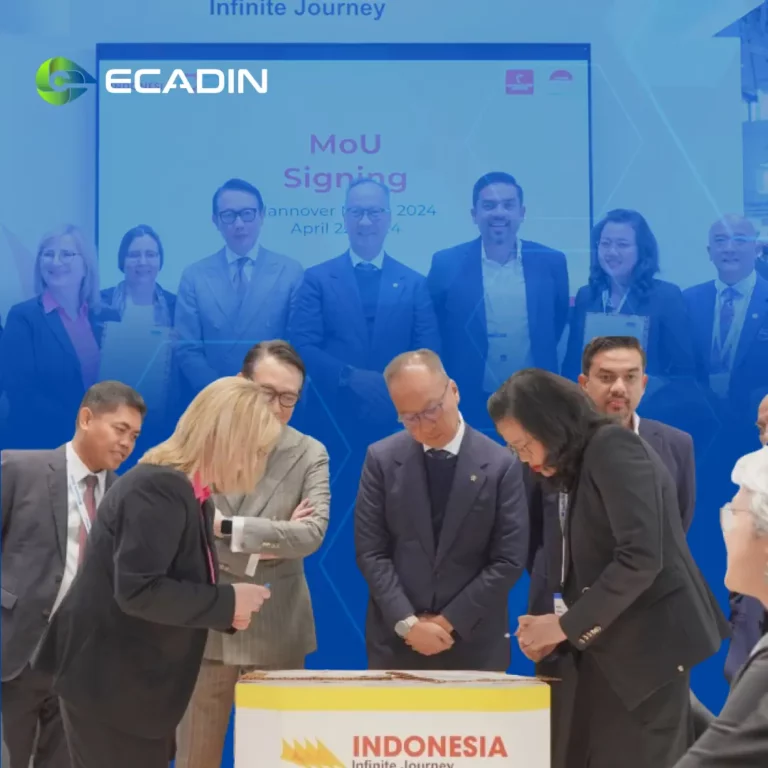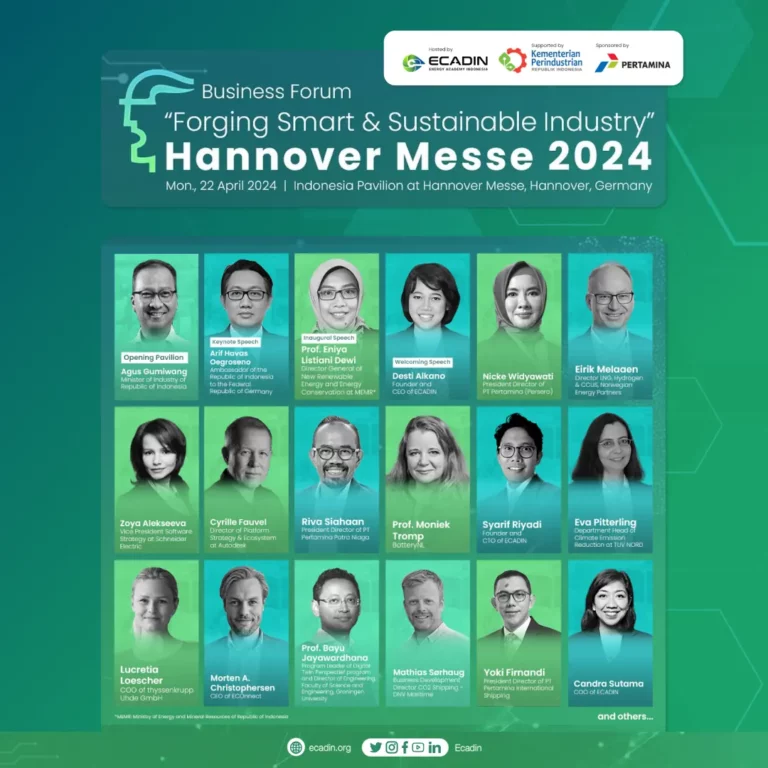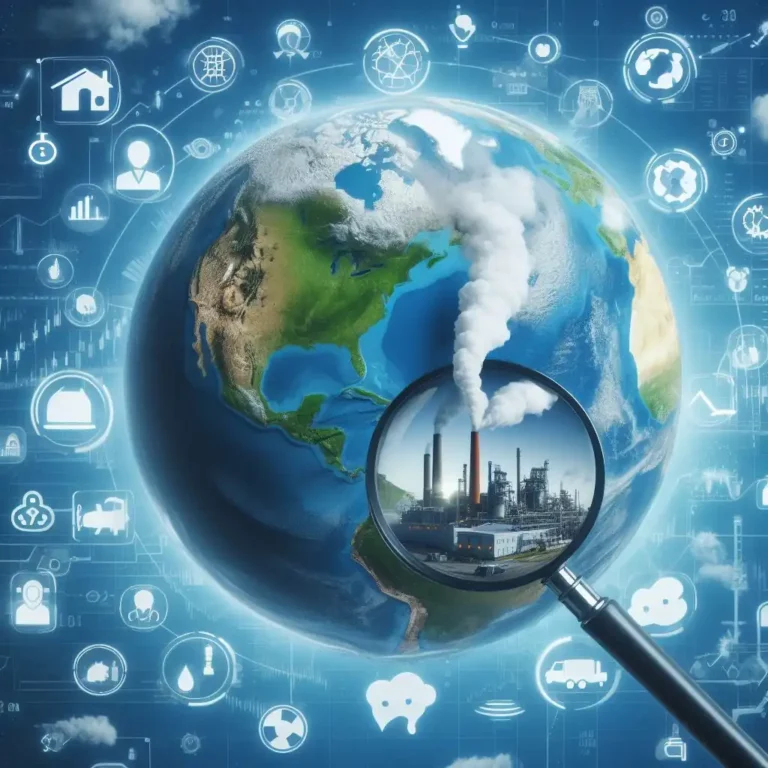ATTRACTING GIANTS: Global Players Invest in Indonesia
In response to the surging demand in the electric vehicle (EV) market, particularly for battery electric vehicles (BEVs), Indonesia, renowned for holding the world’s largest Nickel (Ni) reserves, has set an ambitious goal of producing 600,000 EVs by 2030. Noteworthy actions have been taken to attract investments from prominent companies such as Neta (China), Mitsubishi (Japan), and Hyundai (South Korea). Hyundai, for instance, solidified its commitment in 2022 by establishing a battery manufacturing site for IONIQ 5 in Indonesia.

ANTAM’S BOLD MOVE: Selling shares to the world’s biggest EV battery company
Recently, PT Aneka Tambang Tbk. (ANTAM) sold shares of its subsidiaries to the largest EV battery maker, CATL of China. Despite the rapid influx of foreign investments and asset sales, there remains a noticeable absence of a concerted effort to foster innovation and claim intellectual property (IP) for new battery technologies from within the country. Recognizing the significant hurdles Indonesia must overcome to become a global leader in batteries, a substantial technology gap stands out. It is no secret that driving technology innovation is essential for improved performance, enhanced manufacturability, and cost reduction. The limitations of the currently widely-used Lithium-ion (Li-ion) battery highlight the need for exploration into batteries with higher energy density, lower costs, faster charging, longer lifespan, and environmental sustainability.
To fulfill its ambition of becoming a world leader in battery technology, Indonesia should consider exploring new battery technologies, with Sodium (Na)-ion and solid-state batteries emerging as likely successors to Li-ion in the near future. While Na-ion batteries offer cost advantages, solid-state batteries excel in reduced size and weight, longer lifespan, higher energy density, and faster charging. Looking further ahead, several advanced battery technologies are being explored, including Lithium-Sulfur batteries, Metal-Air batteries (Zinc-air or Aluminum-air), Quantum batteries, Graphene batteries, Dual-Ion batteries, and Lithium-Silicon batteries. However, as many developed countries are already ahead in battery innovations, Indonesia’s ambition to become the “King of Battery” faces realism challenges [source: CNBC Indonesia]. Pursuing in-house development of new battery technology may require a strategic shift away from Li-ion, as this technology is already considered traditional. Ensuring the longevity of Li-ion batteries can be viewed strategically, though there’s limited flexibility for adjusting the technology. Enhancements in performance could result from making modular engineering changes to the car design rather than altering the battery chemistry.
Beyond Lithium-ion: Developments towards better performance & lower cost
Anticipating market demands is crucial, considering the time it takes to establish innovation and manufacturing grounds. For all the hype around non-Lithium-ion battery chemistries in the past decade, nothing has really been competitive with the lithium-ion battery. BUT NOW?
Kicking-off meeting on January 4 2024, BYD has begun construction on a 30 GWh sodium-ion battery factory in China, investing $1.4 billion.


Clear long-term roadmap on national product development and IP ownership followed up by industrialisation, with nurtured commitment and persistent investments from government and private companies.
With abundant talent and a demographic bonus, Indonesia can leverage its potential for innovation. Emphasizing local content through reduced dependence on imported products is a promising approach. However, the country needs to address the lack of platforms to accommodate the ideas of its young talents. Establishing and intensifying collaboration between research institutes, universities, and the industry, particularly large companies & start-ups, is paramount for success.
Navigating Challenges: Indonesia’s Path to Battery Leadership
Navigating the connection between top-notch research and industrialization, especially in the realm of high-tech products, poses a persistent challenge for Indonesia. While renewable technologies such as solar cells or wind turbines might face timing constraints, the opportune moment lies in advancing EV battery technology. The pivotal approach to global EV battery leadership involves anticipating developments beyond Lithium-ion batteries, emphasizing cost reduction, enhanced manufacturability, and superior performance.
ABOUT THE WRITER
Syarif Riyadi is co-founder & CTO of ECADIN‡. Syarif holds a PhD in condensed matter physics (2012) from University of Groningen in the Netherlands. After obtaining his PhD, Syarif worked for 5 years as a senior scientist R&D in an automotive industry. In 2017 Syarif and Desti Alkano established Energy Academy Indonesia (ECADIN). In the same year he moved to Canon in Venlo, the Netherlands to work as system integrator in the inkjet industry. Since 2020, Syarif work as a senior industrialization engineer at ASML† in Veldhoven, the Netherlands.
‡Energy Academy Indonesia/ECADIN (www.ecadin.org) is an eminent center of knowledge, talent, and expertise in the realms of energy sectors and sustainability matters.
†ASML is the only company in the world that produces lithography machine to make advanced microchips.




